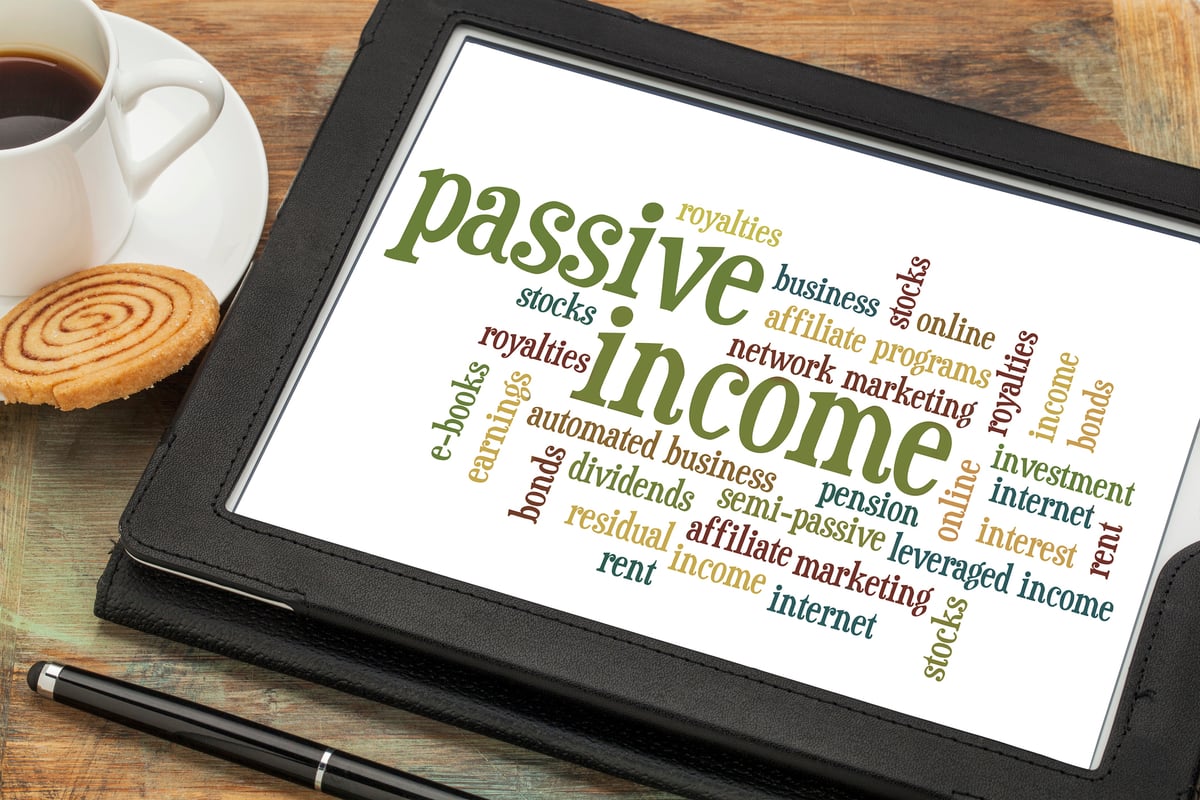Kinder Morgan, Inc. (KMI 0.44%) is a giant in the midstream business, but it's hardly the only company in the space. And it has something of a checkered past when it comes to dividends. If you're an income investor looking at the midstream industry, consider Enterprise Products Partners L.P. (EPD +0.40%) and Shell Midstream Partners LP (SHLX +0.00%) instead.
The other giant
Kinder Morgan has a $45 billion market cap, making it one of the largest midstream companies in the United States. It has thousands of miles of pipes, processing facilities, storage, and other largely fee-based assets to support its dividend-paying ability. It also has around $12 billion in growth projects in the works. And just recently, it announced plans to increase the dividend in each of the next three years, taking it from $0.50 per share per year to $1.25 in 2020, backing up some industry watchers who have suggested the dividend could be at least doubled. If you're an income-focused investor, that's a pretty enticing piece of information.

Image source: Getty Images
Enterprise has a market cap of $57 billion, and its largely fee-based business is every bit as diversified as Kinder Morgan's, perhaps even more so. It has nearly $9 billion of growth projects set to be completed between now and 2019. But Enterprise won't be increasing its distribution like Kinder. It's more likely to increase the disbursement by around 5% each year between now and 2020. That's roughly the increase the partnership has offered up in each of the past 10 years. If that's all you looked at, you'd think Kinder Morgan was a better investment.
The big difference here, and one that should matter a great deal to income investors, is that Enterprise has increased its distribution annually for close to two decades. Kinder Morgan is working back from a 75% dividend cut in 2016, made shortly after the company assured investors it would increase dividends in 2016.
If you're looking for a reliable income stream from a giant midstream player, Enterprise's slow and boring 5% increases are a far better option than what Kinder Morgan has offered up historically. And with a yield of 6%, compared with Kinder's roughly 2.5%, you won't have to wait for dividend increases to get a decent yield.
Do you like growth?
But let's say you like the idea of a swiftly rising distribution. Then you might still prefer Kinder Morgan despite its checkered dividend past. If that's the case, take a look at Shell Midstream Partners. This limited partnership is run by international oil giant Royal Dutch Shell . Not only does that mean it has a strong parent, but Shell is also in the process of selling assets to pay down debt.
Shell Midstream Partners has been a happy beneficiary of the company's sales process. For example, it just bought another $630 million worth of assets in May. And there's more likely to come as Royal Dutch Shell uses this relationship to raise cash for other purposes in the future. Put another way, Shell Midstream Partners has a clear path for growth backed by its parent, Royal Dutch Shell.

Shell Midstream Partners has big distribution growth plans. Image source: Shell Midstream Partners LP.
That relationship has led to a 79% increase in the distribution since the partnership came public in late 2014. And Shell Midstream is targeting annualized growth of 20% through 2019. If you like a rising income stream, Shell Midstream would be a good alternative to Kinder Morgan. The only problem is that debt is increasing rapidly as Shell Midstream acquires assets from Royal Dutch Shell.
But if you take a step back and look at debt to EBITDA, a different picture emerges. Shell's debt-to-EBITDA figure has risen quickly, but at around 2.5 it's well below Kinder Morgan's 6.6. It's even lower than Enterprise Products Partners' 4.5. Yes, Shell Midstream's debt has risen swiftly, but it looks to have plenty of leeway to keep buying the assets that will fuel its planned distribution growth.
SHLX Financial Debt to EBITDA (TTM) data by YCharts
So if you like the idea of Kinder's planned dividend increases, you might want to look at Shell Midstream Partners instead. A strong parent looking to sell assets could make its disbursement growth every bit as exciting as Kinder's, but without the taint of a massive dividend cut. Shell Midstream currently yields around 4.2%.
I can't forget that
There's nothing inherently wrong with Kinder Morgan's business. It's management that concerns me because of the dividend cut that was made just a couple of months after the company said it would increase the dividend. As a dividend-focused investor, I can't let that slide.
If you're like me, you'll probably agree that the equally large and diversified Enterprise Products Partners, with its slow and steady distribution increases, will be a better option. Or if you prefer the excitement of big increases, then Shell Midstream Partners, backed by integrated oil giant Royal Dutch Shell, would be worth a look. In my opinion, either would be a better option than Kinder Morgan for dividend investors.








